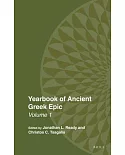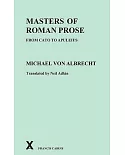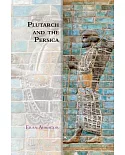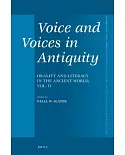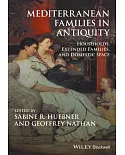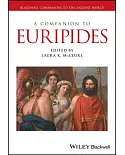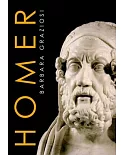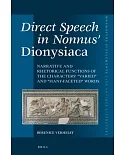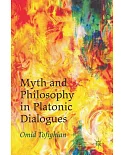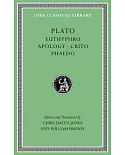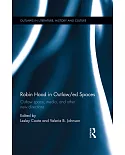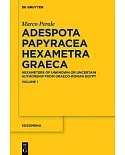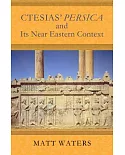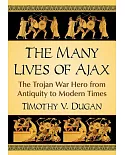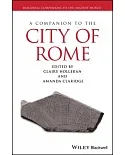Summary: How does a discourse of 'valuing others' help to make a group a group? The fifth in a series exploring 'ancient values', this book investigates what value terms and evaluative concepts
were used in Greece and Rome to articulate the idea that people 'belong together', as a family, a group, a polis, a community, or just as fellow human beings. Human communities thrive on
prosocial behavior. In eighteen chapters, ranging from Greek tragedy to the Roman gladiators, and from house architecture to theconcept of friendship, this book demonstrates how such behavior
is anchored and promoted by culturally specific expressions of evaluative discourse. Valuing others in classical antiquity should be of interest to linguists, literary scholars, historians, and
philosophers alike.



